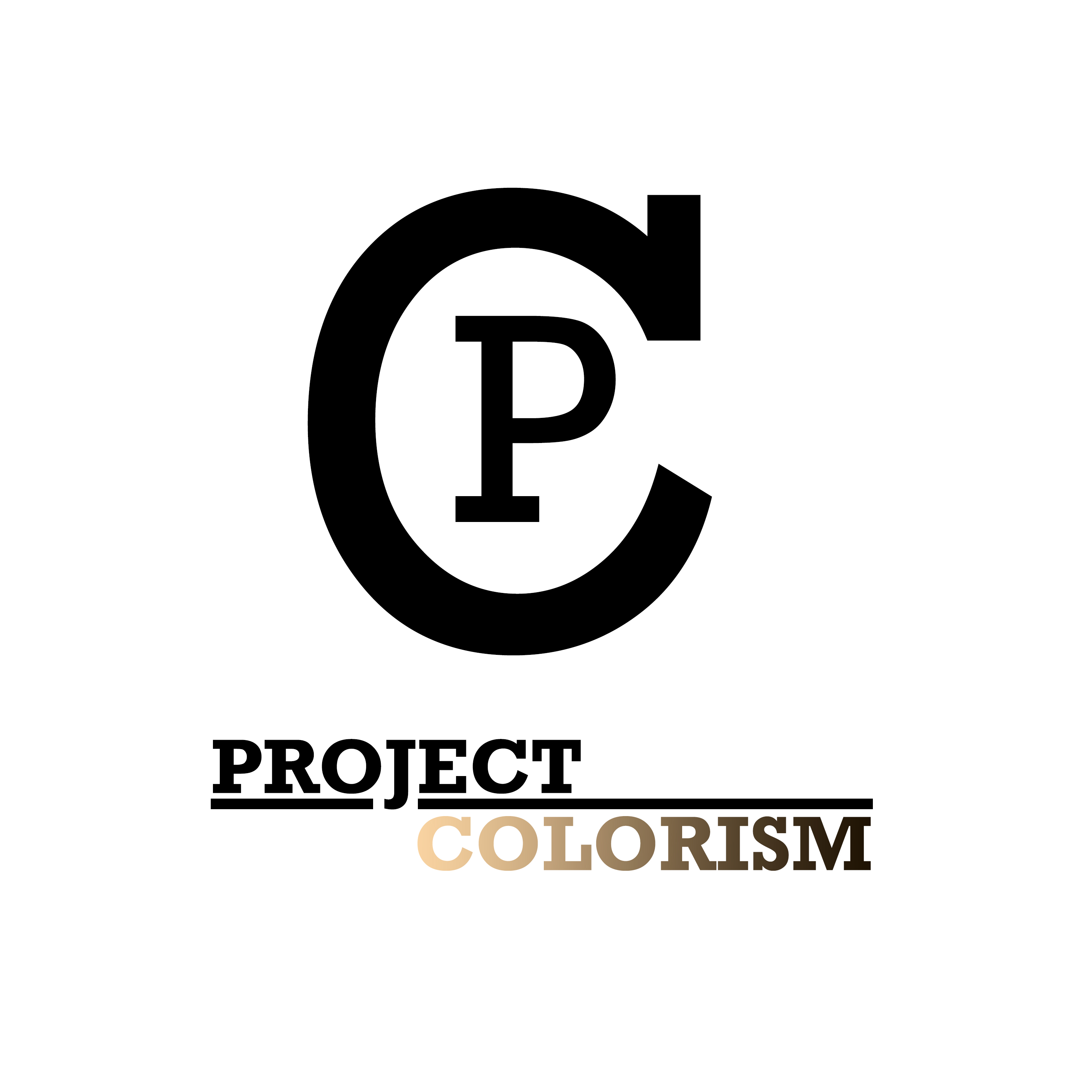Justin is studying economics at Temple University. Growing up in a black community, he became aware of variations in skin tone within communities/families. “I remember lots of it started with my hair. I have really really thick hair that my siblings don’t have, so it kind of started there. It kind of started with people making fun of my hair, like ‘oh this is messy, nappy, and really bad.’ You start to cope a little bit like it’s just my hair, why do people care about how my hair looks? If I had to pinpoint it, it was when I started to hang outside more. I remember one summer I had a lot of family members comment on how dark I got from playing outside. And I was like, ‘oh, hadn’t really noticed’. I had one family member be like ‘you look black as sh-t’. I had family members call me bad names. I think it starts with jokes when you’re growing up, so you just try to put it past you. It's like people are laughing, so I guess it’s kind of funny. And then it's like, oh, I’m kind of hearing this a lot. So then you’re like what’s wrong with how I look? No one else is getting this based off of how they look, why am I getting it? There was a lot of that growing up. Those summers where I did get really dark I heard it the most.” Justin says, “Take the time to realize where your preferences come from. I think lots of people have these preferences that they think are really harmless. They don’t realize that could be stemming from ‘oh, I don’t like this thing about myself.’ or ‘oh, I don’t like these things about these people’. And they don’t take the time to realize, ‘I really am contributing to societies thought processes that are really damaging and really hurt a lot of people’.” “When you grow up and aren’t told that how you look is okay then you start to think that how you look is not okay because that's the only other alternative there. At times it wasn’t even that I was getting picked on because I was darker because I think at some point it did start to fade a little. I think one of the biggest things was you weren’t told that was even okay. I can get past the making fun of, but when you don’t even hear that how you look is okay then you start to go backwards a little bit.”

